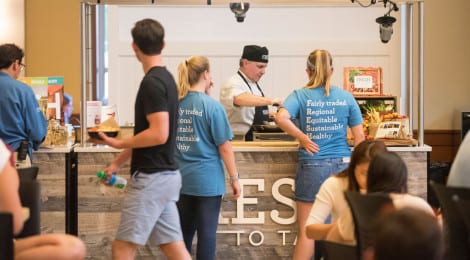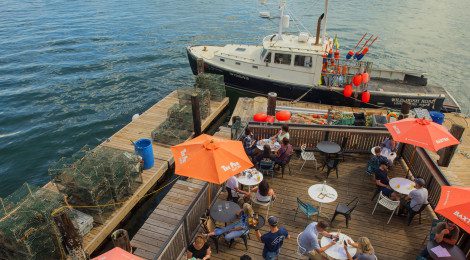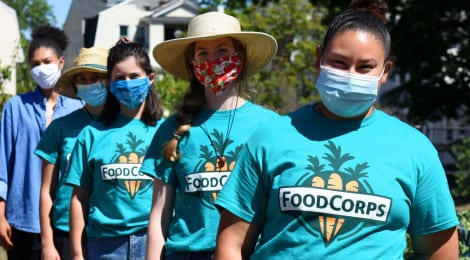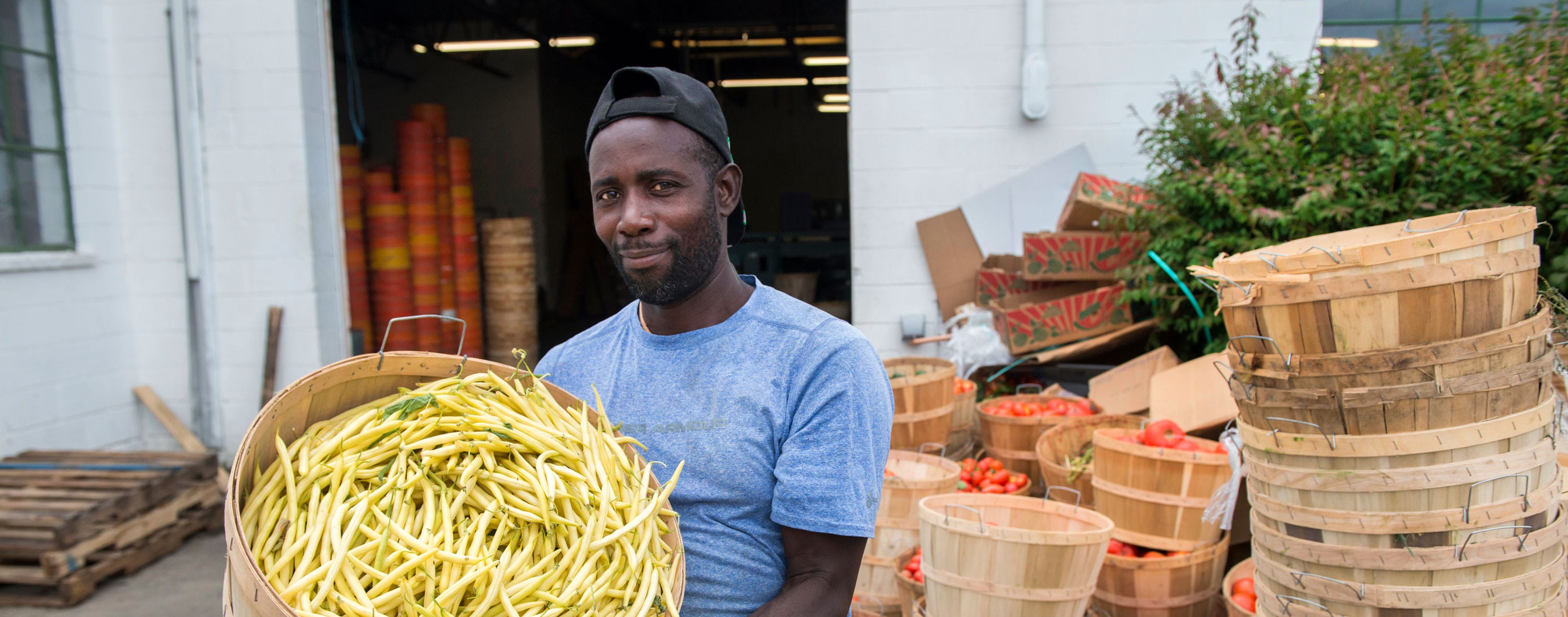
Grantee Profile
Bringing Data to Farm to School
Farming is risky business. Producing food requires a considerable investment in time, land, and resources, so farmers are often hesitant to take the risk of producing more food without some guarantee that it can be sold. At the same time, farmers are often looking for new markets, since local food can only reach so many people through CSAs and farmers markets.
Farm to Institution New England (FINE), however, knows that institutions like schools, hospitals, and colleges hold a tremendous amount of power to transform the food system and its supply chain. FINE is a six-state network of non-profit organizations, government agencies, institutions, foundations, farms, food distributors and processors, food service operators, and others who work together to mobilize the power of institutions to positively impact the New England food system.
The cycle works like this: When farmers have contracts with institutions, they then have a guaranteed outlet for their products. As a result, more farmers develop their farmland, which increases the amount of local food in the New England food system, supporting farmers and local economies. The impact is also felt (and tasted) across larger groups of consumers, many of whom may not have had access to local food as easily on their own.
Institutional purchasing is a challenge in itself, however. “There is often a perception issue in regard to local food purchasing,” says Peter Allison, Network Director of FINE. “Institutions want to buy safe food in large quantities and from one distributor, but this is not the way that local food supply chain works.” Without the shared resources, knowledge, and support from a well-connected network, some institutions believe that purchasing local is too expensive and logistically challenging. This is where the FINE network comes in, providing a critical opportunity for collective learning among institutions.
Allison has been with FINE for six years, overseeing overall partner development, tool development, and various initiatives, offering consultant support and working to ensure that all the pieces fit together. Nessa Richman, FINE’s Metrics and Development Manager, has worked with Allison and Communications Manager Katlin Haskins to develop the Metrics Project, an essential tool in informing FINE’s overall work, tracking its progress moving forward, and helping partners better understand the system that they’re trying to change.
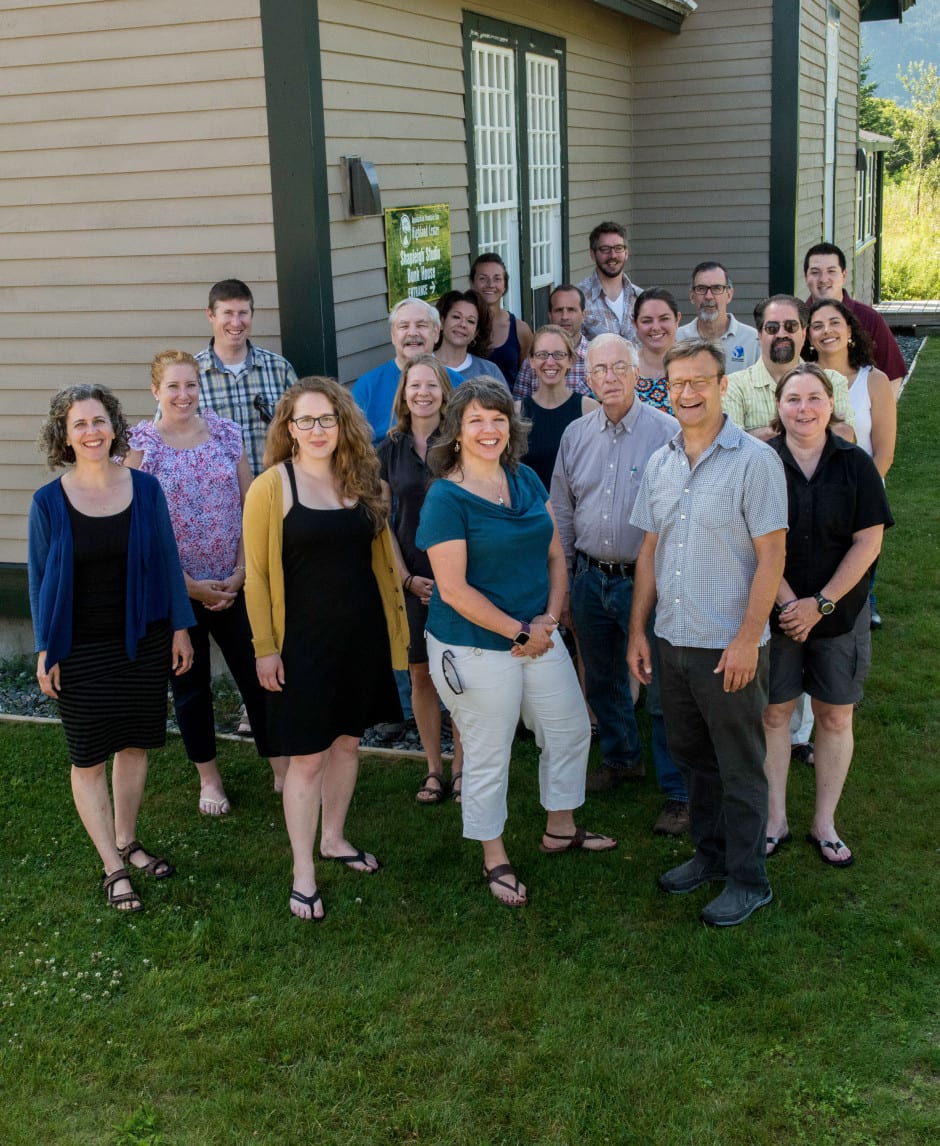
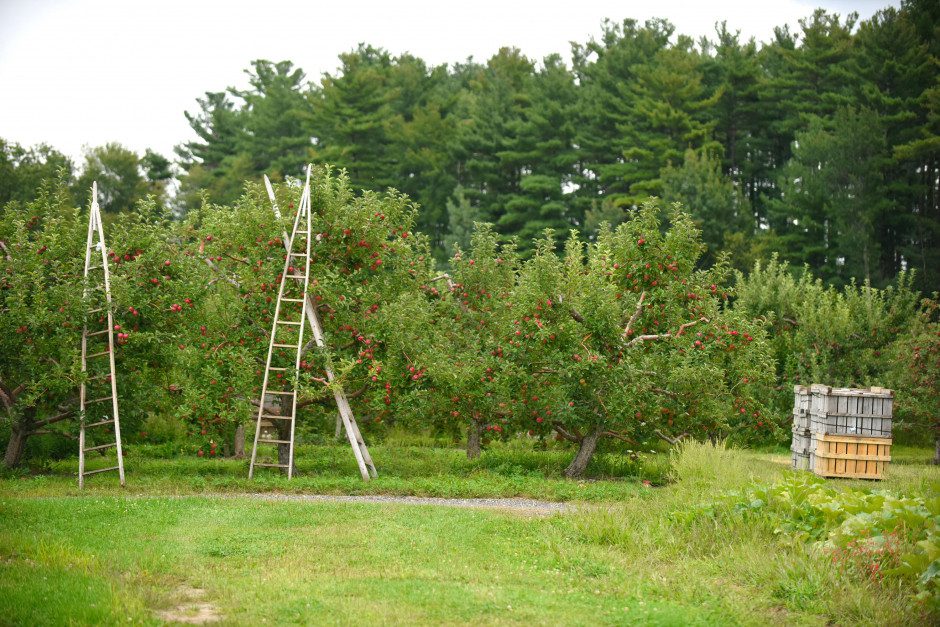
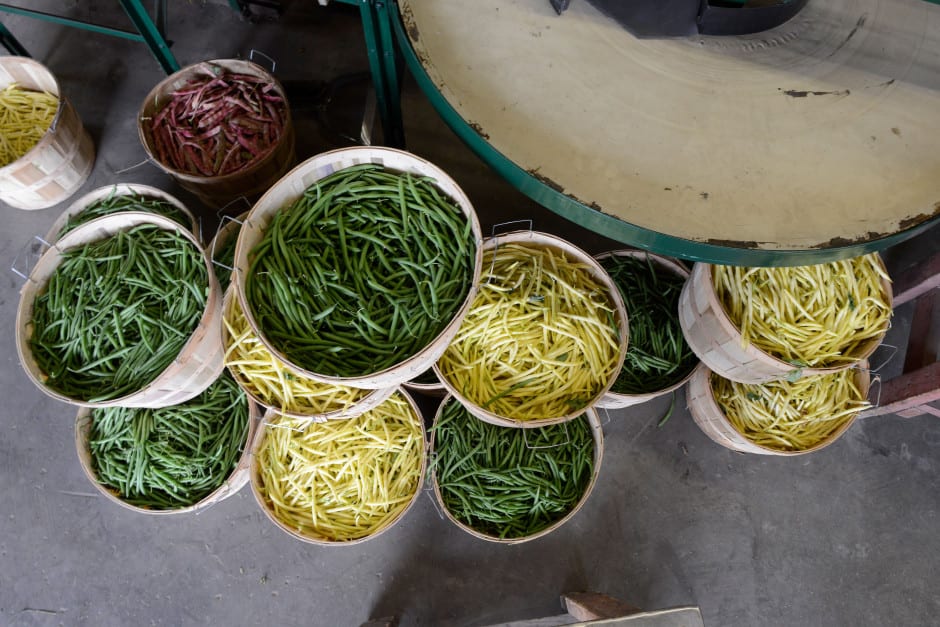
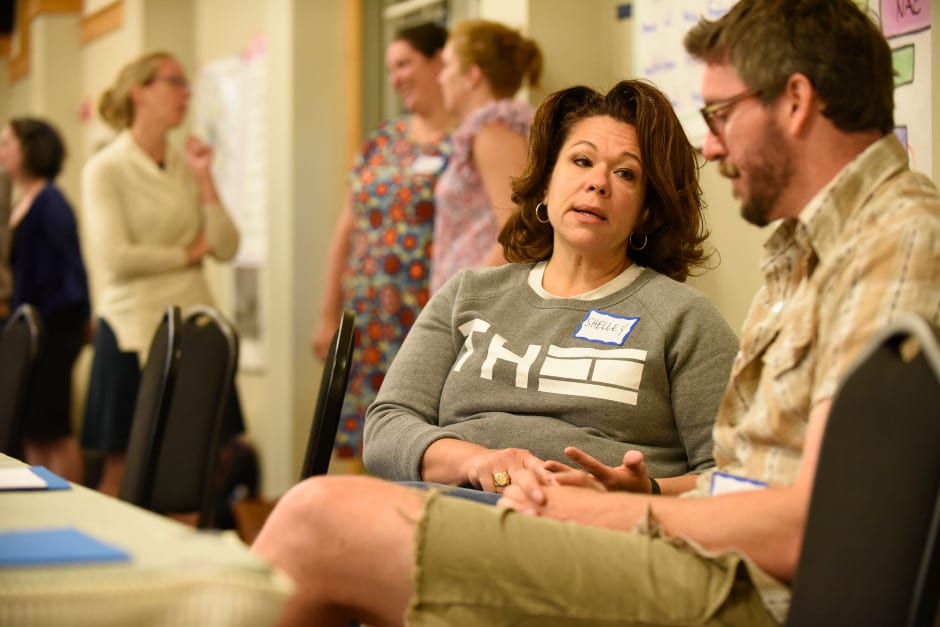
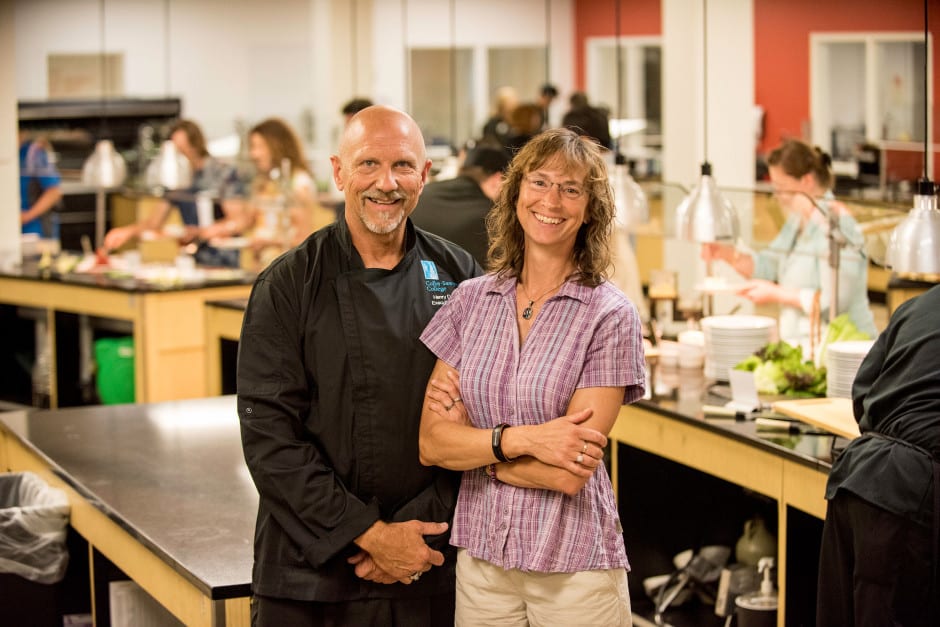
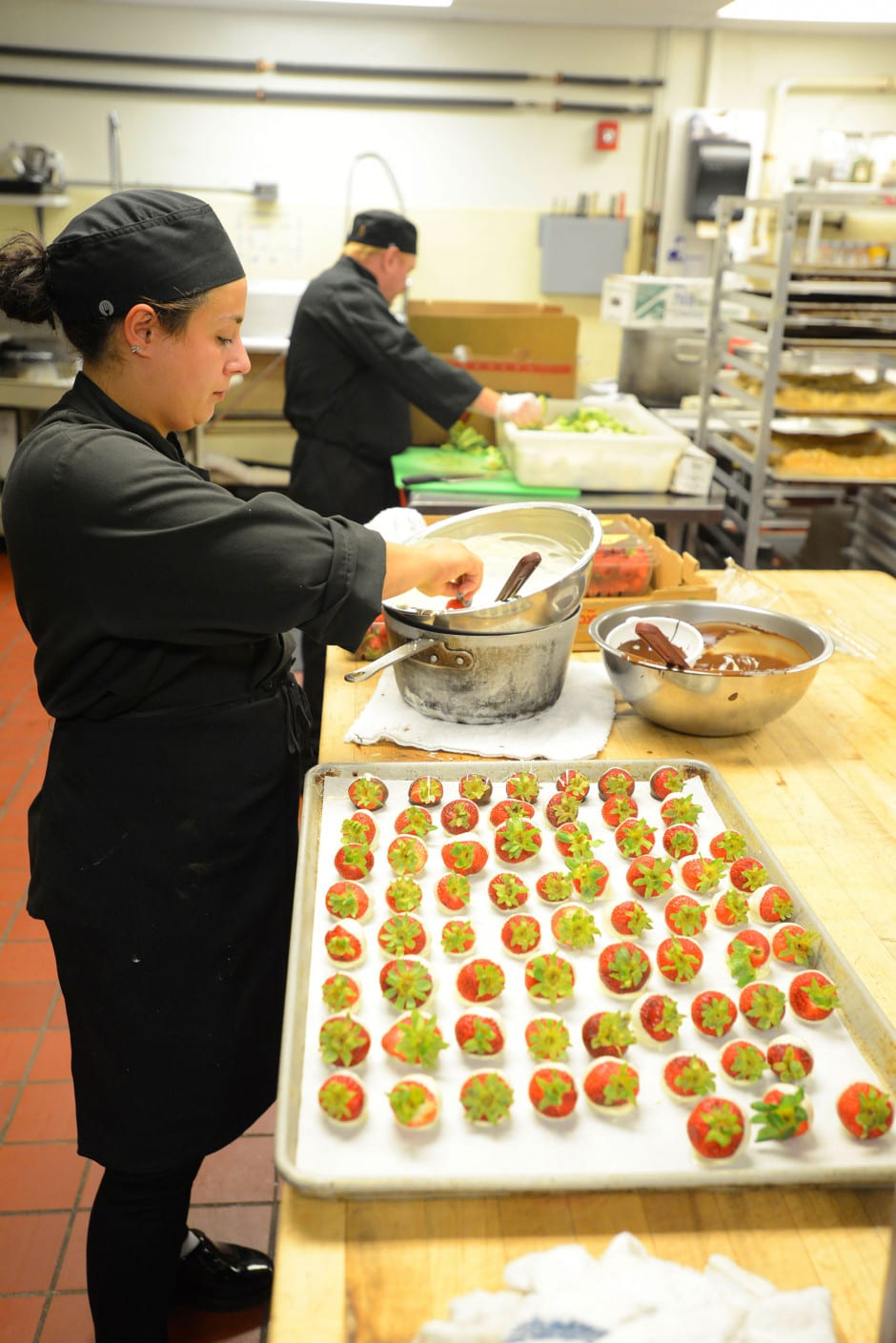
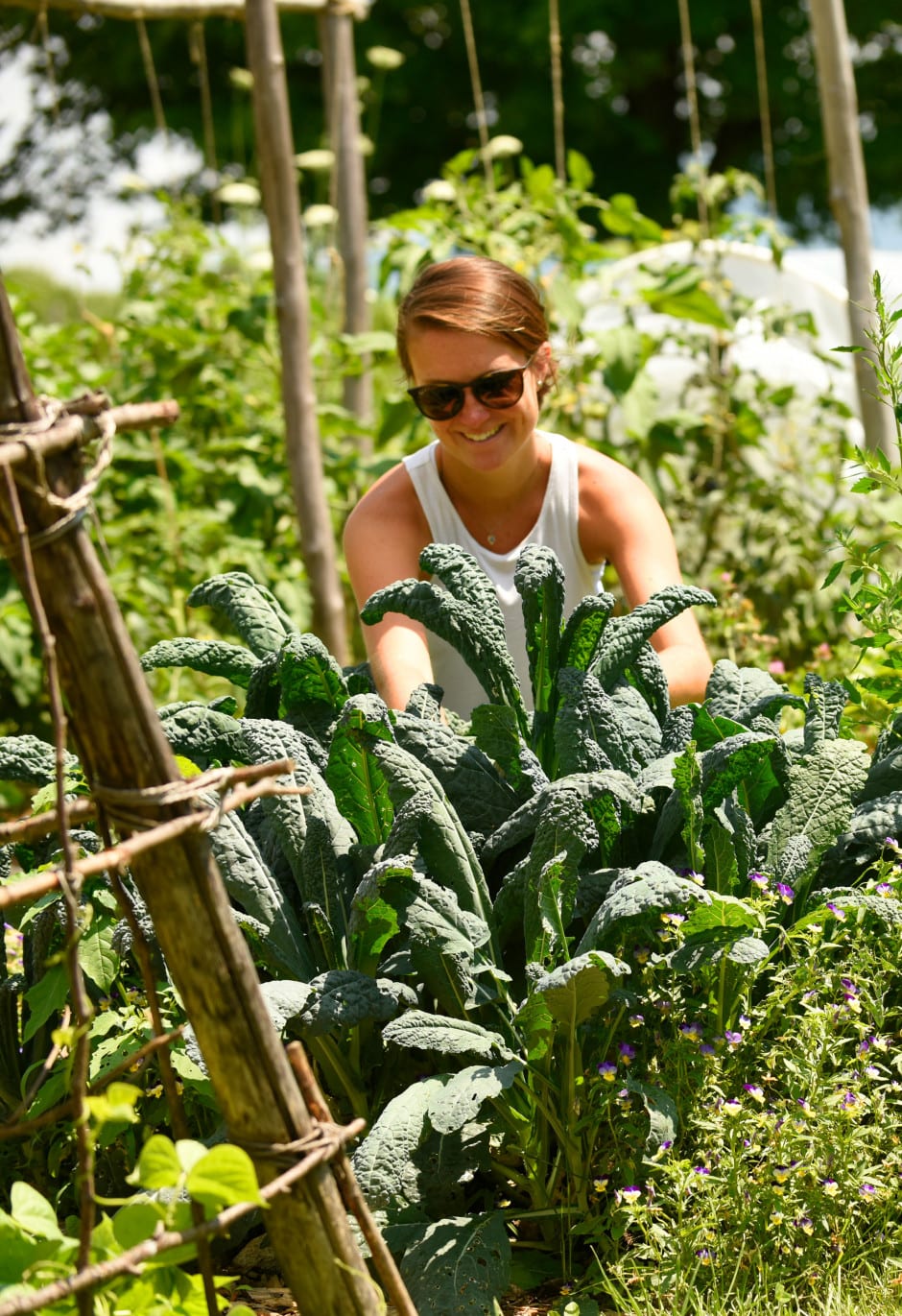
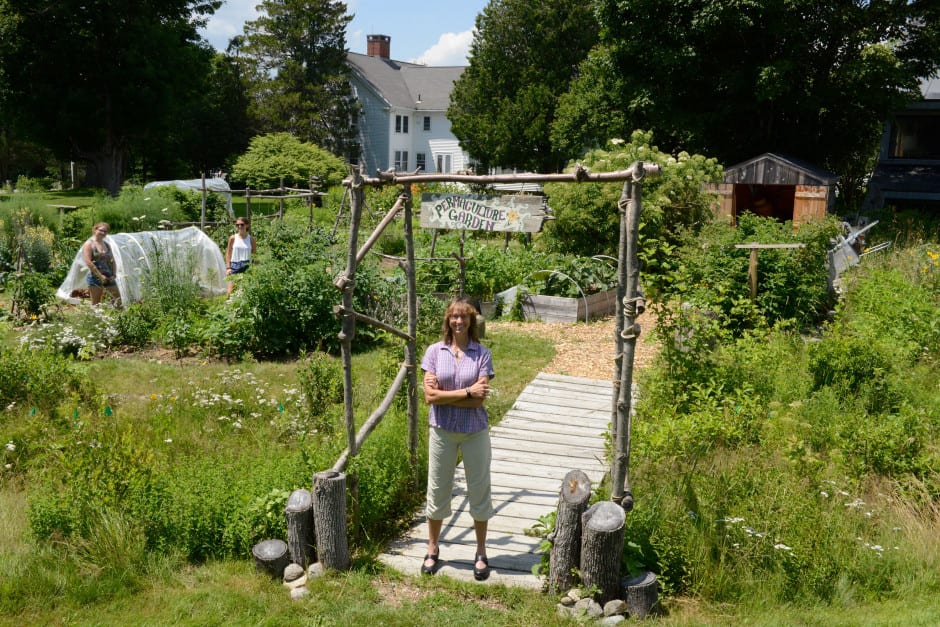
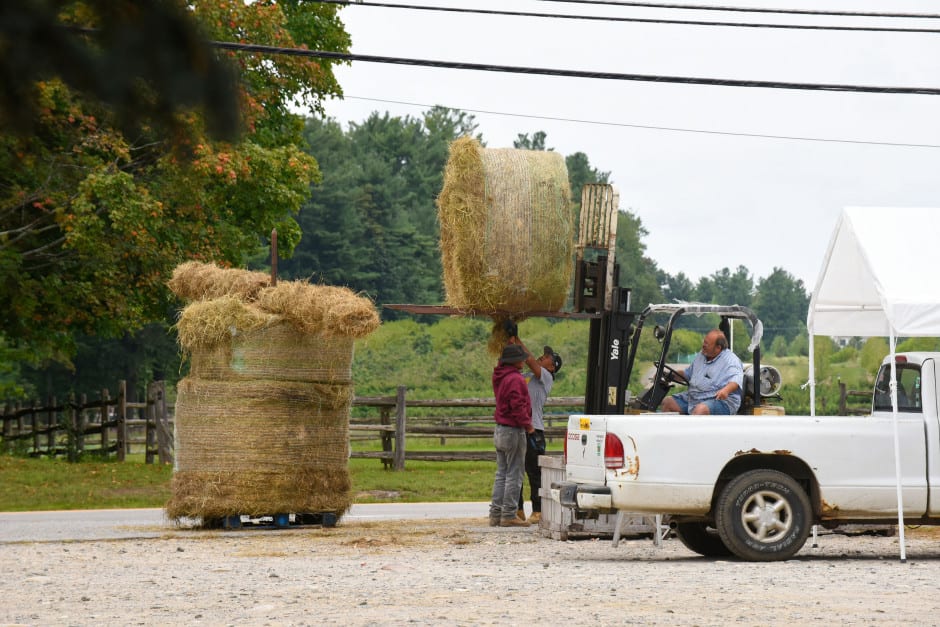
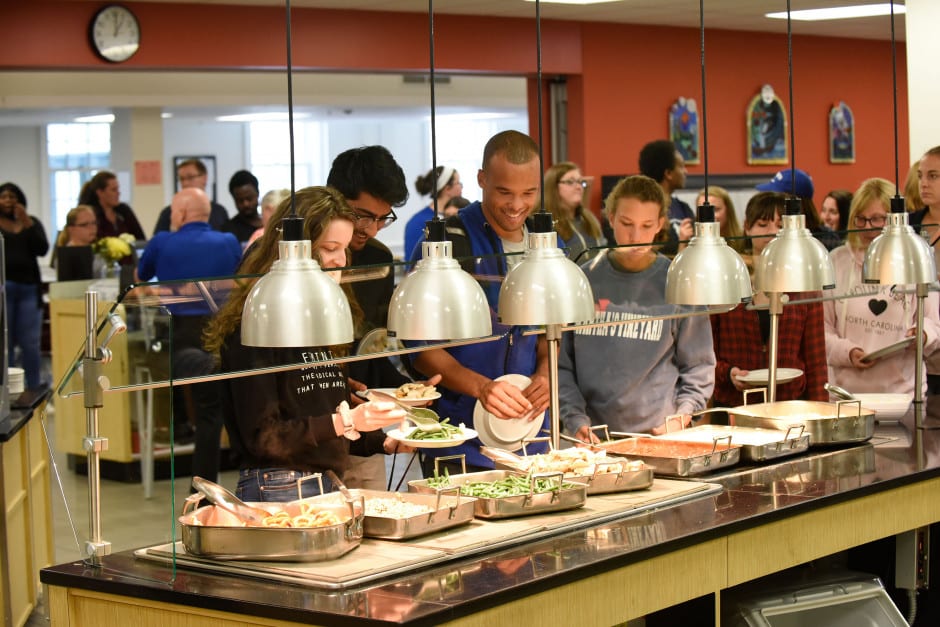
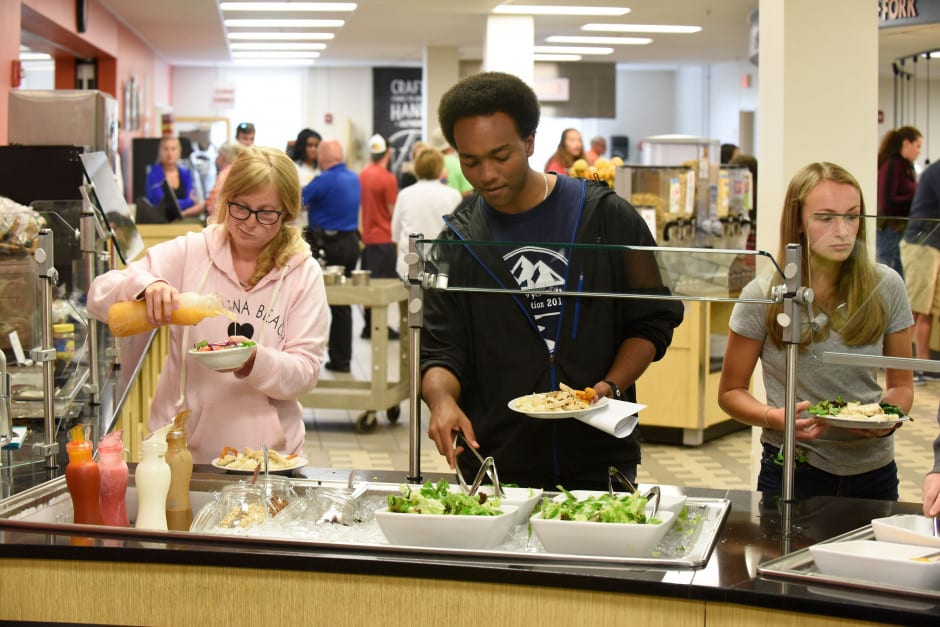
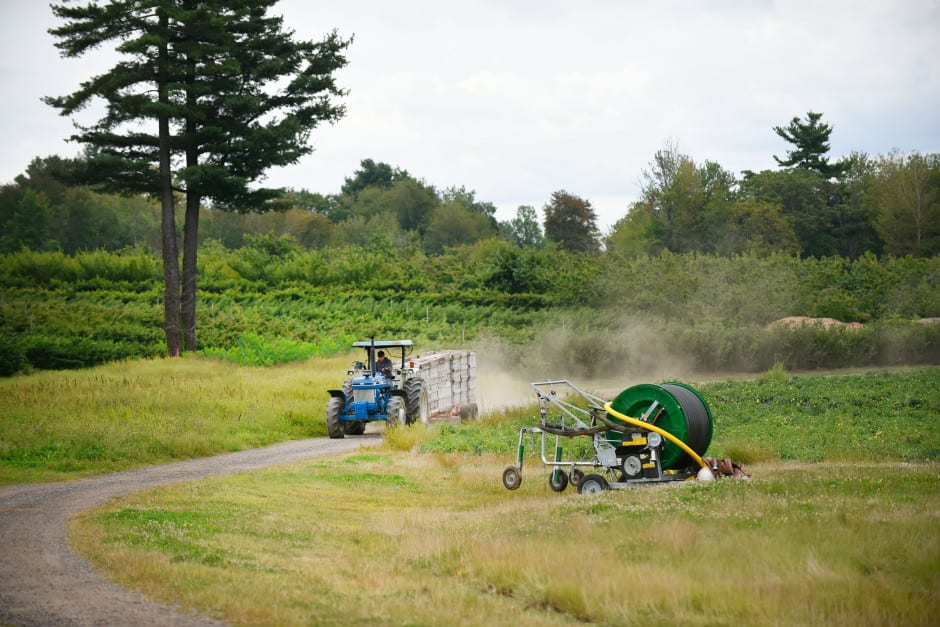
The Metrics Project, made possible by support from the Kendall Foundation, allows FINE to take a data-driven approach to its work and provide an in-depth overview of the regional farm to institution food market and supply chain. Everyone within the food system, from policymakers and dining services directors to schoolteachers and farmers alike, can benefit from access to good data that helps inform and advance their work. “Foundations can see and go in-depth on their areas of interest, like K-12 for example, and bring that information to their boards. Many states have food plans – they can use this data to leverage the farm to institution components of those plans and help them understand why they should focus on farm to institution,” says Richman.
To get the Metrics Project off the ground, FINE staff worked with the Metrics Project advisory council to develop a common set of key indicators, an important first step in measuring the impact of regional farm to institution initiatives. FINE also extracted and compiled relevant existing information from places like the USDA Farm to School Census, and the Health Care Without Harm Survey, and they developed their own surveys for producers, distributors and higher education institutions. Finally, FINE combined the complex primary and secondary data and applied masterful data visualization skills to paint one comprehensive picture and develop an online interactive metrics dashboard of key regional farm to institution indicators, including profiles for each of the six New England states. FINE has kept this project completely transparent by making its original research tools and clean data sets available to the public online. This Fall, FINE is launching Measuring Up, a six-part blog series that draws from the metrics project, designed to provide a data-driven account of the farm to institution landscape in New England.
Just as FINE is committed to creating a metrics database around institutional purchasing, the network also strives to better serve its constituents looking to change their sourcing. Jennifer White, Director of Sustainability and Assistant Professor of Environmental Studies at Colby-Sawyer College, served on FINE’s Food Service project advisory board which looked at supply chains and worked to develop a local food procurement toolkit for institutions working with food service management companies. “We had one student who was really passionate about seeing that the college had more local food in the dining hall. He just wanted to run right into the dining hall and just tell them to get more local food. I would get to go home and take a nap if things were that easy!,” joked White.
By utilizing FINE’s institutional toolkit, that student not only learned about the process of working with the college and the food service provider, but also eventually drafted the language for a petition to serve more local food on campus. “The student got 734 signatures in two days, and after some time, we are now proud to say that on average we get at least 20% of our food from within 100 miles.”
FINE works with institutions using food service providers as well as those that are self-operated. Colby-Sawyer switched its food service provider in July and will soon be working with FINE on the Campus FoodShift project – an initiative that will lay the groundwork to fundamentally transform university and college campus food culture in New England and make local food “the new normal” in dining halls. FINE will offer its leadership, knowledge and resources to lead the region in this effort, bringing together strategic partners to increase understanding, map current best practices, and identify challenges and opportunities that lie ahead.
White expressed her excitement about the Campus FoodShift project. “What I really like about what FINE is doing with Campus FoodShift is that it’s really a process of understanding where the institution is on that [local food procurement] continuum and helping them get further along it,” she said. “If it’s about metrics or menus or connecting farmers or setting up strategy or contract language, then FINE can tailor what they do in the FoodShift project to whomever the team is that works with each individual institution.”
As more institutions in the region become committed to purchasing local food and supporting local economies, FINE is there to make it easier for these groups to share resources and collectively raise the tide together. “As sustainability director, I’m not an expert by any means in food in particular,” White says. “I may not be up to date on what’s the latest in terms of best practices…but that’s when I can call up Peter or Kaitlin or somebody and ask them questions or for recommendations. And if they don’t know that information specifically within their staff, they know the 2 or 3 or 17 other people in New England that do know.”
Foundations can see and go in-depth on their areas of interest, like K-12 for example, and bring that information to their boards. Many states have food plans – they can use this data to leverage the farm to institution components of those plans and help them understand why they should focus on farm to institution.
